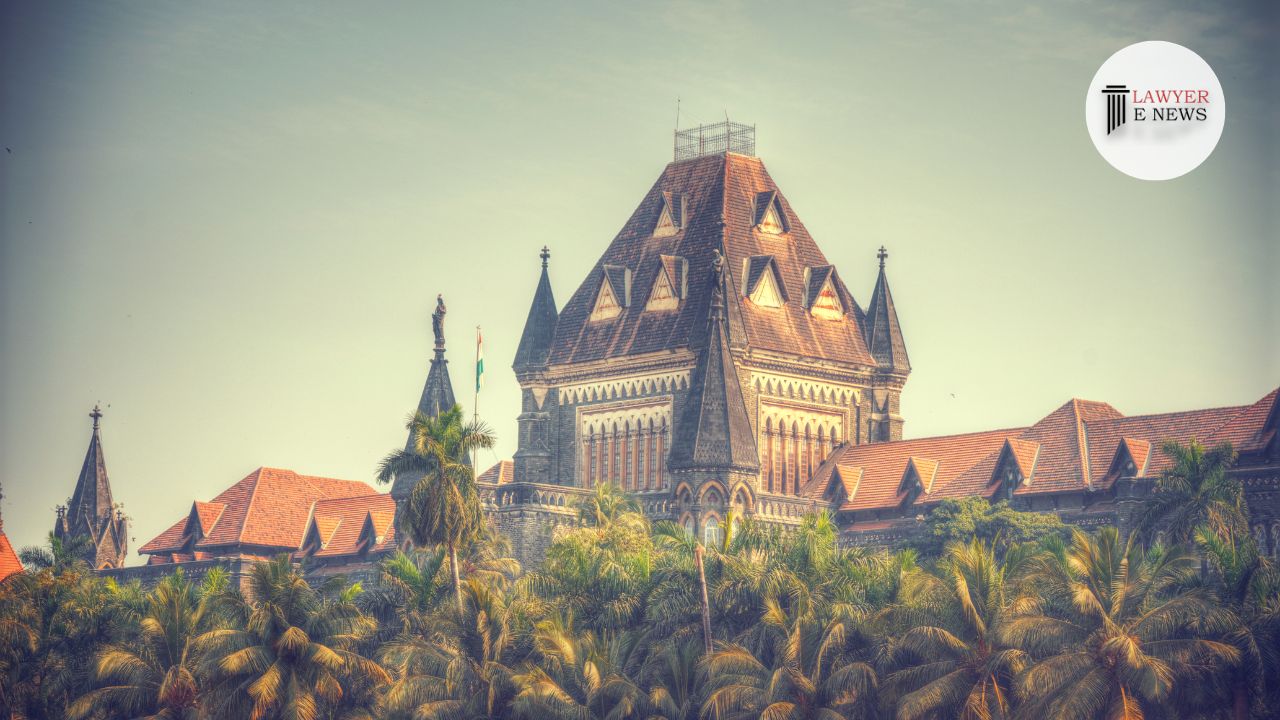-
by Admin
15 February 2026 5:35 AM



In a significant ruling, the honorable G. A. Sanap, J., has pronounced that divorced Muslim women are entitled to maintenance under the Protection of Women From Domestic Violence Act, 2005, even after the dissolution of their marriage. The judgment reaffirms the principle that a subsequent divorce does not absolve the liability of the respondent for past domestic violence offenses.
"The literal construction of the provisions shows that even women who were in a past relationship are entitled to invoke the provisions of the D.V. Act."
The court held that "an act of domestic violence once committed, subsequent decree of divorce will not absolve the liability of the respondent from the offence committed or to deny the benefit to which the aggrieved person is entitled under the Domestic Violence Act, 2005." This landmark ruling ensures that divorced Muslim women can seek relief, including monetary support, child custody, compensation, and interim orders, under the Domestic Violence Act.
The judgment also addressed the issue of the maintenance quantum. The court observed that the husband, a chemical engineer working in Saudi Arabia, had suppressed his actual income during the proceedings. The wife, who had cohabited with the husband for nearly 11 years in Saudi Arabia, presented evidence of their high standard of living. The court stated that the wife is entitled to maintain the lifestyle and standard she was accustomed to while staying with her husband. It quantified the maintenance at 25% of the husband's net salary, taking into account the adverse inference drawn against him for suppressing evidence.
The decision cites several precedents to support its conclusions. It relies on the case of Atmaram Narayan Sanap Vs. Sangita Atmaram Sanap, where the court emphasized that even after divorce, an aggrieved person can file a proceeding under Section 12 of the Domestic Violence Act for past domestic violence. Additionally, the court refers to the case of Smt. Bharati Naik v. Shri Ravi Ramnath and Halarnkar, which establishes that the definition of "aggrieved person" includes past relationships.
This judgment has far-reaching implications for divorced Muslim women who have experienced domestic violence. It recognizes their rights and provides a legal avenue for seeking maintenance and other necessary reliefs. The ruling not only upholds the principles of gender justice but also ensures that divorced Muslim women can lead dignified lives.
Date of Decision: 09/06/2023
Ahsanullah @ Javed Khan vs Shahana Parvin
